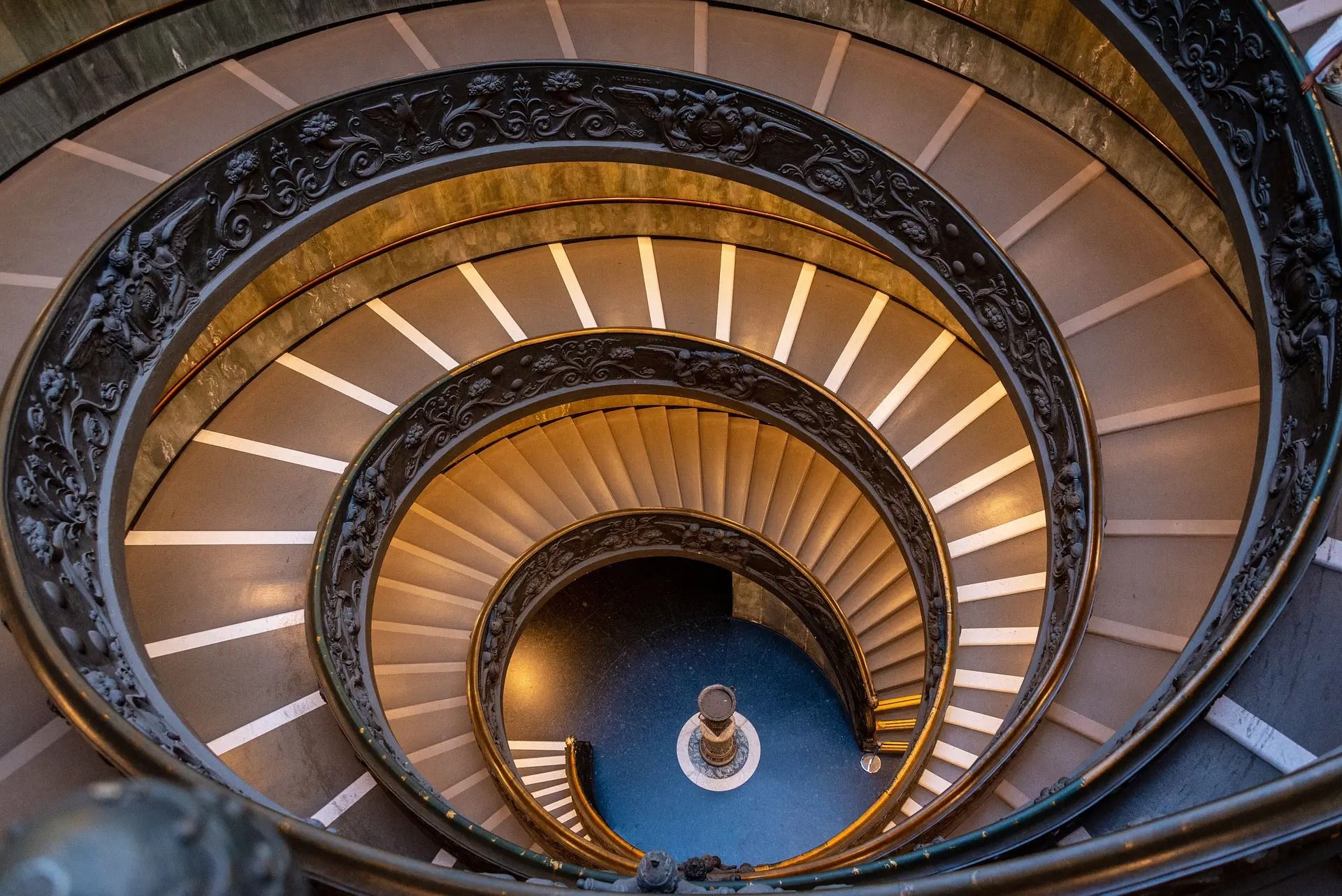Dennis Patrick Slattery
Dante's Divine Comedy

In the course entitled Dante’s Divine Comedy which is a Mythic Pilgrimage from Isolation to Community via Knowledge of the Heart, we will journey together through our own Inferno, Purgatorio and Paradiso. It is an opportunity to read with an open heart by allowing resistances to fall away, as Dante does through his guides of the classic poet, Virgil and then of his life-long love, Beatrice Portinari.
Imagine the poem as a vessel containing the prima materia of soul life. Dante’s poem is an opportunity to allow a deepening into our own story, our own narrative, by the imaginal power of analogy. One writer I read years ago spoke of poetry allowing us to enter our own “spiritual unconscious,” with whatever poem we are reading as our guide.
Dante’s genius in crafting his poem is in inviting us to enter it, and even in particular places, to complete it for him, when he admits to us, his reader-pilgrims accompanying him, to imagine further what he cannot find adequate language to express it. Even in the first line of the poem, he admits that his journey begins in obscurity and confusion, not of his life, but of our lives, so already we are invited in.
So how do we prepare to accept his invitation? I have discovered that reading poetry especially, that we give ourselves up and give ourselves over to the experience the poem is conveying. When we enter Dante’s world of hopelessness, then hopefulness, then a vision that goes beyond normal comprehension, we co-create his world according to the analogies that guide and shape our own mythic dimension. That is the realm of what we value, we strive for, we resist, and we learn to accommodate.
Said another way, Dante’s poem is a course on how to read poetry, what its connections are to our own poetic lives and to our creative genius. So, the more we can open our hearts to the experience he expresses, the more we can enlist more deeply our own individuation process, by which we become the person we are destined to be. But we must choose it, and Dante’s Commedia is a guide into this process of self-creation.
Poetry helps us to awaken to what we have not been conscious of before. We do not have to understand the entire poem in all its intricate particulars, in order to gain access to its form—what guides it, brings its parts into some coherent whole, and finds analogous experiences in us by which to gauge our own life pilgrimage.
In his recollected journey, Dante stumbles, becomes trapped in his own complexes, his own failings, his pitfalls, but he forges on because he has compassionate guides that nudge him forward when he becomes stuck in his own cocoon of narrow ways of knowing. In turn, we have his guide, the poem itself, to shake us loose from those places where we become stuck as imperfect mortals seeking to do better, to understand more, and to feel the heart throb of the world we negotiate daily.
This last paragraph is what goaded and guided me to write Day-to-Day Dante: Exploring Personal Myth Through the Divine Comedy. To divide the poem into edible parts by offering a passage a day for an entire year and to invite a writing prompt at the bottom of each page on the reader’s own mythic narrative.
In a letter to a benefactor, Dante wrote of the four levels of his poem, which we will explore through its passages. In that letter he also states: “My poem is not for speculation but for implementation.” You get his meaning. He did not write it simply for readers to ponder its many meanings, but to integrate it into our lives as a way of advancing our consciousness of who and what we are and are becoming.
So, I am excited about this journey with you. His journey is my journey is your journey. You will not be disappointed at what you learn about your own mysterious genius in your travels.
In the course Dante’s Divine Comedy, Dr. Dennis Patrick Slattery opens the Divine Comedy to modern ears and eyes. What relevance does Dante’s poem, written early in 14th century Italy, have for us today? What is the pilgrimage each of us is on currently that resonates with Dante’s story, his personal myth? Revealing these common currents between our story and Dante’s will offer new revelations of our own mythic destiny today. Learn More Here.
Share
Other blog posts

Jung Platform is an online education space that offers a range of depth psychological and spiritual perspectives. Our courses and talks explore the journey of life with guidance from highly regarded teachers.
We are passionate about offering practical, life-enhancing tools and opportunities to connect with others on this path. Our aim is to help people connect to their own soul, so they can live more fully and colorfully.
Stay inspired.Get our magical updates.
Thank you for signing up!
FEATURED LINKS
-
Headquarters in Salt Lake City, Utah
-
info@jungplatform.com
-
Copyright © 2026
